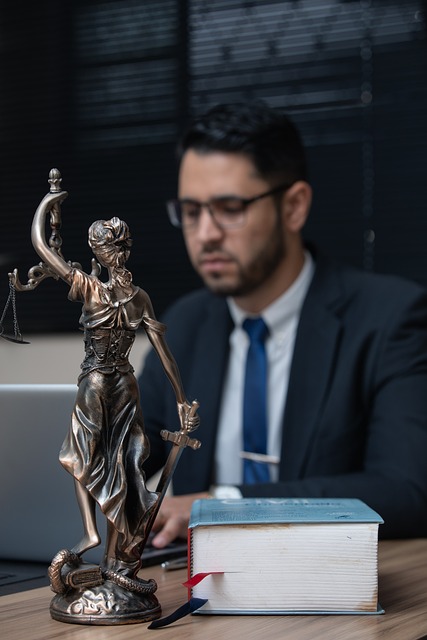Finance Crime Probes are crucial in tackling growing financial fraud, investigating suspected illegal activities within financial institutions. The Importance of Due Process in Court is critical for maintaining public trust and ensuring fairness in these complex cases. It safeguards the integrity of justice by protecting individuals' rights, preserving evidence integrity, and guiding investigators across jurisdictions. Best practices like meticulous record-keeping and transparent communication further ensure fairness and can lead to charge dismissals, fostering trust between clients and legal teams.
“Finance crime probes are intricate investigations that require a delicate balance between uncovering complex financial fraud and upholding fairness and transparency. This article delves into three key aspects: understanding the intricacies of finance crime, exploring the vital role of due process in legal proceedings, and discussing best practices for maintaining integrity throughout. By examining these elements, we highlight the importance of due process in court, ensuring that justice is served without compromising ethical standards.”
- Understanding Finance Crime Probes: Uncovering Complex Financial Fraud
- The Role of Due Process in Ensuring Fair and Transparent Investigations
- Best Practices for Maintaining Integrity During Legal Proceedings
Understanding Finance Crime Probes: Uncovering Complex Financial Fraud

Finance Crime Probes are a crucial tool in uncovering complex financial fraud, a growing concern across the country. These probes involve meticulous investigations into suspected illegal activities within financial institutions, from corporate entities to individual clients. The process demands a deep understanding of intricate financial networks and often requires navigating through labyrinthine transactions and records.
The importance of due process in court cannot be overstated during these probes. Ensuring fairness and accuracy in legal proceedings is essential to maintaining public trust and confidence in the financial system. Proper due process guarantees that every party involved has the right to a thorough investigation, ensuring that only solid evidence is used to build cases, thereby preventing any wrongful convictions or injustices across respective business sectors.
The Role of Due Process in Ensuring Fair and Transparent Investigations

The role of due process cannot be overstated when it comes to ensuring fair and transparent investigations in finance crime probes. It serves as a cornerstone for maintaining the integrity of the justice system, protecting the rights of individuals under scrutiny, and upholding the principles of equality before the law. Due process involves a series of procedural safeguards designed to prevent arbitrary or unjust decisions, ensuring that every person accused of a crime is afforded a full and fair hearing.
This is particularly crucial in the context of white-collar and economic crimes, which often span across multiple jurisdictions and involve complex financial transactions. A robust due process framework enables investigators to gather evidence methodically, maintains the chain of custody for digital and physical proof, and guarantees that suspects are informed of their rights at every stage of the investigation. By adhering to these strict protocols, law enforcement agencies can navigate the intricate web of financial crimes effectively while preserving the general criminal defense strategies available to those accused. Across the country, due process serves as a critical shield against prosecutorial overreach and ensures that investigations remain fair and impartial.
Best Practices for Maintaining Integrity During Legal Proceedings

Maintaining integrity during legal proceedings is paramount, especially in finance crime probes where every detail matters. The importance of due process in court cannot be overstated; it ensures fairness and protects both the accused and the interests of justice. Adhering to best practices strengthens the overall defense strategy for white-collar defense attorneys.
One crucial practice is meticulous record-keeping, which involves comprehensive documentation of all financial transactions and communications. This enables lawyers to present a clear picture of the respective business operations and potentially lead to a complete dismissal of all charges if inconsistencies or lack of intent are established. Additionally, transparent communication channels between clients and legal teams foster trust, ensuring that all evidence is handled ethically and any potential conflicts are promptly addressed.
In the pursuit of justice, especially in complex finance crime probes, adhering to robust due process is paramount. This ensures fairness and transparency throughout legal proceedings, fostering public trust. By implementing best practices and prioritizing integrity, we strengthen the system, making it more effective in uncovering financial fraud and holding perpetrators accountable. The importance of due process cannot be overstated; it’s the cornerstone that safeguards our justice system and maintains its integrity.






